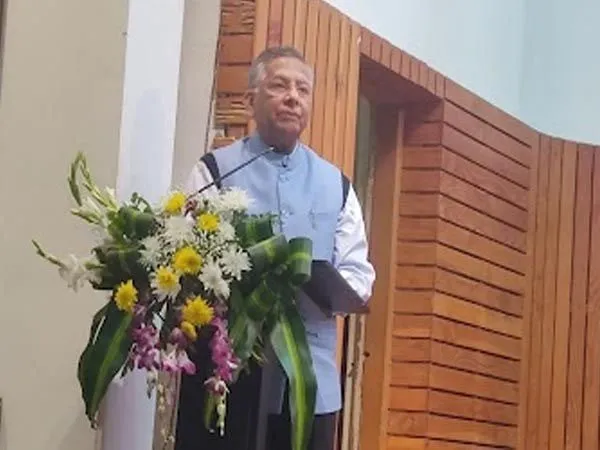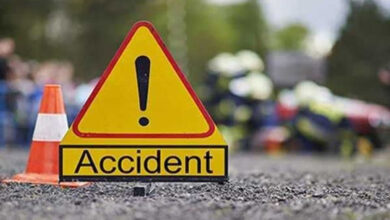Attorney General of India’s address to students in Vadodara

Vadodara: As part of reforming the criminal justice system of the country, the Central Government has recently made changes in many laws and many stalwarts of the field including the country’s Attorney General R. Venkataramani, Gujarat High Court judge were present in the seminar organized. Faculty of Law, MS University.
R. Venkataramani, in his address to the students, said that the idea of fairness has been kept at the center of whatever reforms have been made in the legal system of the country. As far as the history of law is concerned, law students know very little about the legal system that existed before the British and Mughal periods. However, fairness has been given greater importance in all texts related to law written centuries ago. Therefore, the amendments made in Indian laws should be studied by students keeping in mind the Indian traditions and values. By now the mentality of the British era had tarnished the sense of fairness in the legal system.
He further said that in all the countries of the world the legal system is evolving with time and with the changing society, changes in law also become necessary to maintain the social order. Now the era of information technology and artificial intelligence is going on. Perhaps in a few decades the time will come when machines will understand the thoughts going on in the human mind. Man’s thoughts will not remain hidden from anyone and this question also arises in my mind as to what kind of laws will have to be made at that time. He gave a message to the students that studying law does not just mean acquiring knowledge of law. Think while studying law. Because results are ultimately achieved through thoughts only.
– Changes in laws based on 11 principles
New change emphasizes community service over jail sentence for minor crimes
The central government formed a committee to amend the laws of the country. Vice Chancellor of National Law University, Prof. GS Bajpai was appointed the convenor of this committee. Addressing an online conference today, he said the changes in the provisions of law as part of the criminal justice system are based on 11 principles. In making these amendments, priority has been given to the country’s Constitution and human rights. Legal action against any person should be clear and transparent, investigation and trial of any crime should be within a certain time limit. The issue of determining police responsibility and the principle of justice to the victim are also considered. Along with the provision of punishment, technology and ensuring that every person gets an opportunity to defend himself is also considered.
He said that the Indian Penal Code will now be known as the Indian Judicial Code. For the first time in 150 years, the Indian Penal Code has been amended on a large scale. Which was also the demand of the time. Among the new changes, there are 33 types of laws in which the provision of punishment has been increased. Also, there is an emphasis on community service rather than imprisonment for minor crimes. This will reduce the burden on the jails of the country. At this stage it is not possible to say whether the changes made in the legal system are good or bad. It will take time to know what its impact has been.
-Misunderstandings spread regarding hit and run law
In response to a question, Prof. Bajpayee said that there has been a misunderstanding in the country regarding the change in the hit and run law. It is not written anywhere in this law that a fine of Rs 7 lakh will be imposed. Actually, the fine will be decided by the court and there is no provision of 10 years imprisonment in every case. It has been said that the maximum punishment can be up to 10 years.
– The law on false promises of marriage is not gender neutral
In the new law, there is a provision of punishment for a man who makes a false promise of marriage and in response to a question, Professor Bajpai admitted that this law is not gender neutral and men should also get the benefit of a similar law.
















